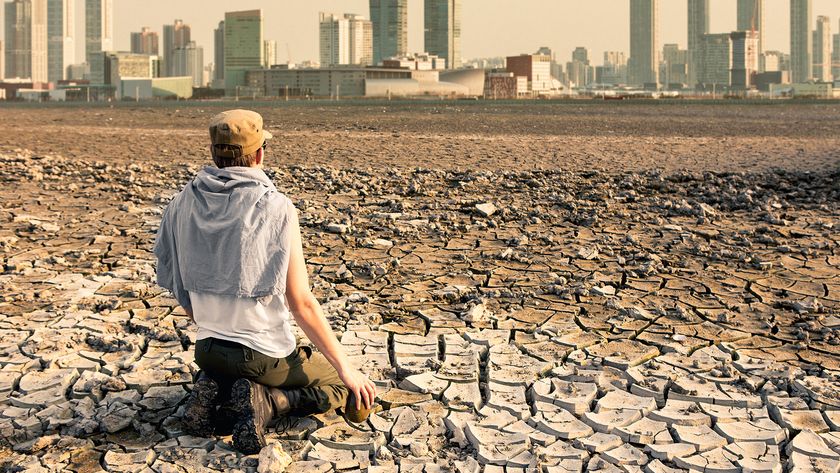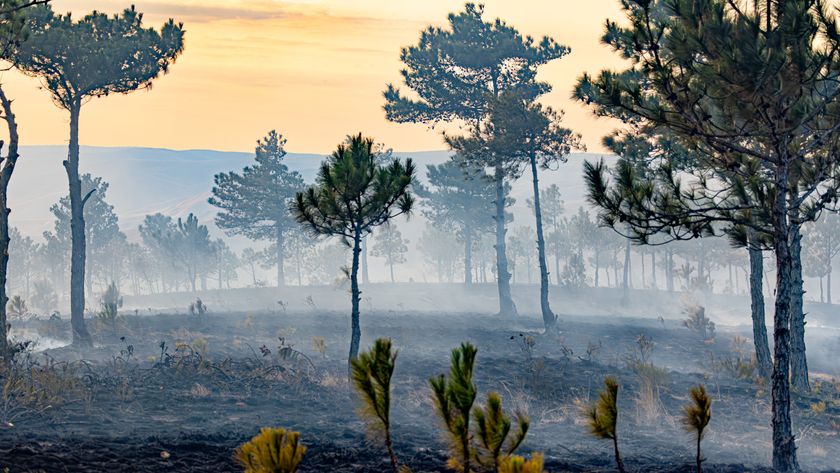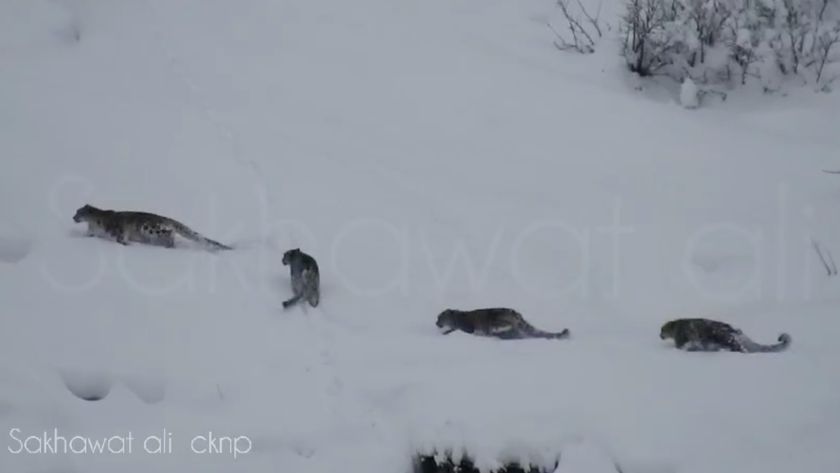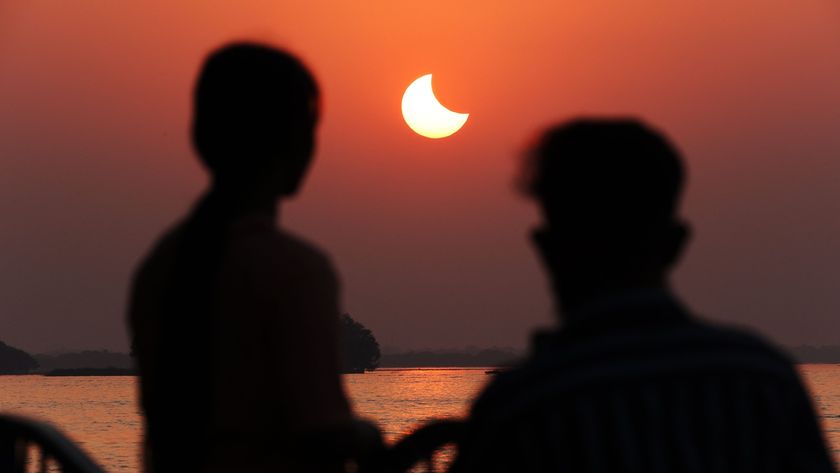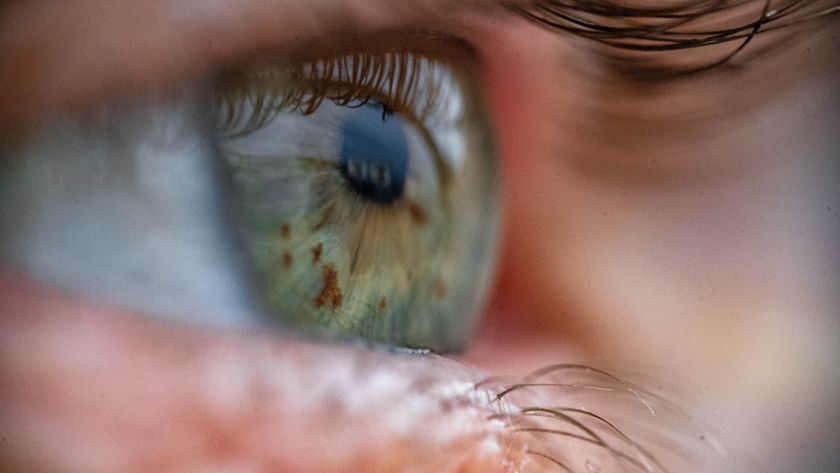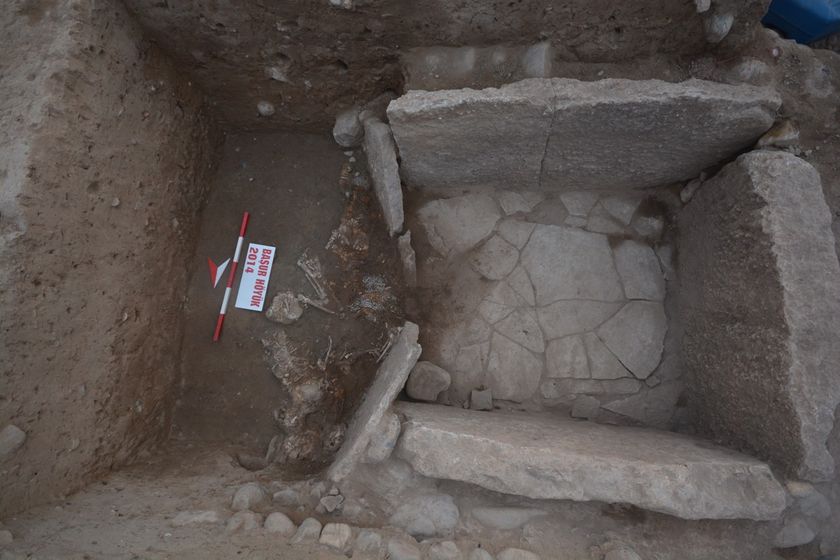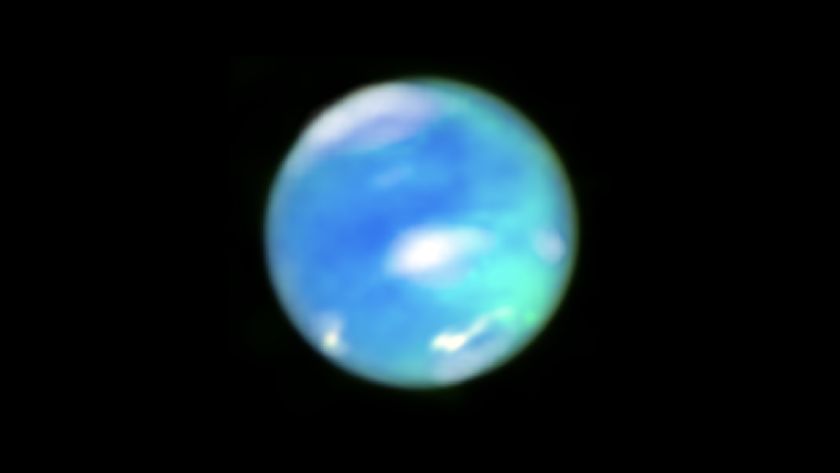These Stunning 3D Images Reveal How a Massive Greenland Glacier Has Changed
Watching a glacier
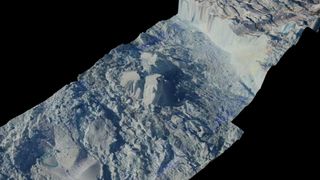
NASA scientists are keeping sharp eyes on Greenland's glaciers. Such gazing reveals more than the beauty of this unique and massive, icy island. The scientists, part of NASA's Operation IceBridge, are conducting airborne surveys to find out how the glaciers are changing over time.
Glacier surface
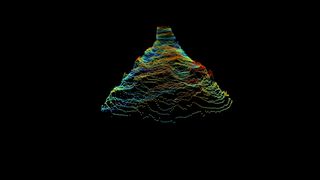
Laser altimeters can map the teensy details of the surfaces of these Greenland glaciers. NASA uses two laser altimeters: One is optimized for low altitude and the other for medium altitude, they said.
Laser altimetry
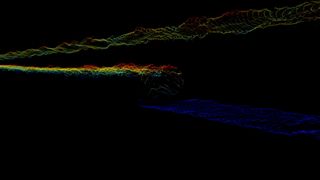
The laser altimeter measurements show elevation changes on the glacier surface.
Helheim Glacier
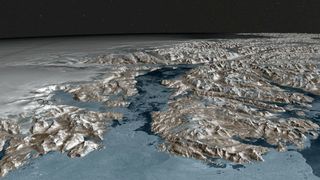
"On Greenland’s rugged eastern coast, spilling into a mountainous fjord, lies the 4-mile-wide Helheim Glacier, named for the Viking world of the dead," NASA says in the video.
Dramatic chnages
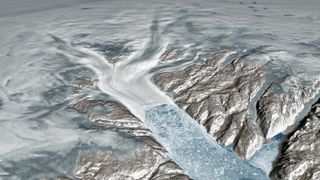
"Flights spanning two decades reveal the dramatic changes that have taken place," NASA said on a video about the mission.
Rapid retreat
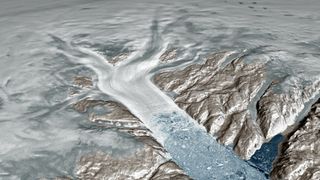
Here, the glacier is shown after a rapid retreat and thinning episode.
Partial recovery
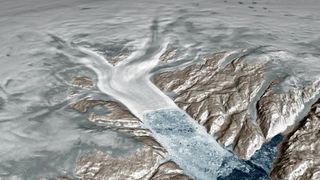
Following the retreat, the glacier partially recovered its former extent.
Sign up for the Live Science daily newsletter now
Get the world’s most fascinating discoveries delivered straight to your inbox.
Helheim in 2001
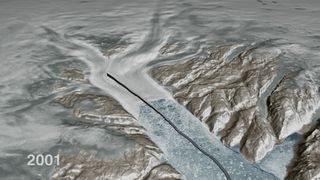
NASA missions have flown along the center line of the glacier year after year. Here, the extent of the Helheim Glacier is shown in 2001 from NASA Operation IceBridge surveys.
Helheim in 2007
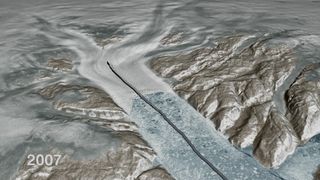
The extent of the Helheim Glacier is shown in 2007 from NASA Operation IceBridge surveys.
Helheim extent
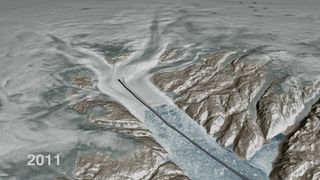
The extent of the Helheim Glacier is shown in 2011 from NASA Operation IceBridge surveys.
Helheim in 2014
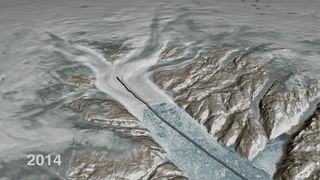
The extent of the Helheim Glacier is shown in 2014 from NASA Operation IceBridge surveys.
Jeanna Bryner is managing editor of Scientific American. Previously she was editor in chief of Live Science and, prior to that, an editor at Scholastic's Science World magazine. Bryner has an English degree from Salisbury University, a master's degree in biogeochemistry and environmental sciences from the University of Maryland and a graduate science journalism degree from New York University. She has worked as a biologist in Florida, where she monitored wetlands and did field surveys for endangered species, including the gorgeous Florida Scrub Jay. She also received an ocean sciences journalism fellowship from the Woods Hole Oceanographic Institution. She is a firm believer that science is for everyone and that just about everything can be viewed through the lens of science.
